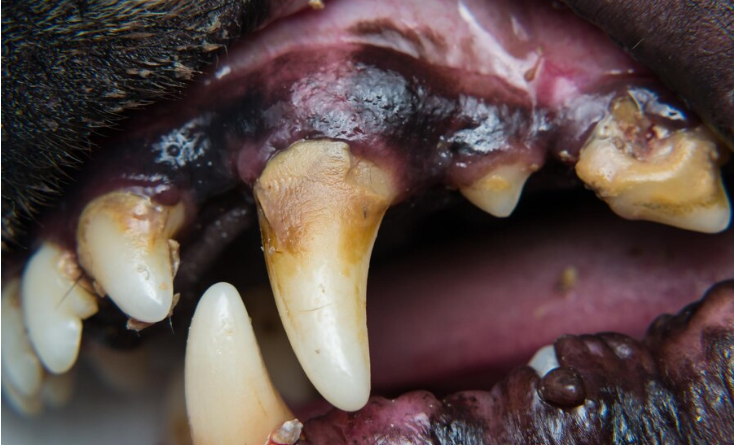Black Spots on Teeth: What They Mean and How to Fix Them
Have you noticed black spots on your teeth and worried they might be cavities? Don’t worry just yet! While black spots seem alarming, they’re not always a sign of tooth decay. There are several reasons these spots might appear that have nothing to do with cavities. Let’s dive into the most common causes and how you can treat and prevent them to keep your smile looking its best!
Why Do I Have Black Spots on My Teeth?
First, black spots don’t always mean you’ve got a cavity. They could be a result of staining, plaque build-up, or even previous dental work. Here are some of the top reasons why you might see these mysterious marks:
1. Stains from Food and Drinks
One of the most common causes of black spots is staining from what you eat and drink. Dark-colored drinks like coffee, tea, or red wine, as well as certain foods like berries or soy sauce, can leave behind pigments that build up over time, causing noticeable dark spots on your teeth.
2. Tartar Build-Up
Tartar forms when plaque hardens on your teeth, and it can appear as yellow, brown, or even black spots. If you’re not able to remove all the plaque with regular brushing, it can calcify and create dark patches, especially near your gumline.
3. Old Fillings or Dental Work
If you’ve had silver (amalgam) fillings in the past, they can start to darken with age, causing black spots near the edges of the filling. This doesn’t mean your tooth is decaying again—it’s just the filling material wearing down.
4. Tooth Trauma
In some cases, a black spot can appear after an injury or trauma to the tooth. This happens when internal bleeding inside the tooth causes discoloration. It’s more common in children or people who’ve had a hard knock to the mouth.
How to Get Rid of Black Spots on Teeth
Once you understand why those black spots have appeared, the next step is figuring out how to treat them. Thankfully, most of these causes are easily fixable with professional help or a good oral hygiene routine.
1. Professional Teeth Cleaning
If tartar build-up is the issue, a professional cleaning at the dentist’s office will help. Dental hygienists use special tools to remove hardened tartar that you can’t brush away at home, leaving your teeth looking fresh and clean again.
2. Teeth Whitening
For stains caused by food and drinks, teeth whitening is an excellent option. You can either choose an over-the-counter whitening kit or, for more dramatic results, have an in-office whitening treatment. These methods help remove surface stains and restore your teeth to their natural color.
3. Replace Old Fillings
If your black spots are related to old fillings, ask your dentist about replacing them with modern, tooth-colored composite fillings. These look more natural and don’t discolor over time, keeping your smile looking bright.
4. Regular Brushing and Flossing
Good oral hygiene is your best defense against future black spots. Brushing twice a day with fluoride toothpaste and flossing regularly will help keep plaque and stains at bay. Also, consider using a whitening toothpaste to gently polish away surface stains.
Preventing Black Spots in the Future
Now that you’ve taken care of the black spots, let’s talk prevention! Here are a few tips to keep your teeth spot-free moving forward:
- Limit Staining Foods and Drinks: Coffee, tea, and red wine can all cause staining, so try to enjoy them in moderation. If you do indulge, rinse your mouth with water afterward or brush your teeth to minimize the stains.
- Quit Smoking: Smoking and tobacco use are notorious for causing tooth discoloration, including black spots. Quitting will not only improve your oral health but also keep your smile looking brighter.
- Regular Dental Visits: Seeing your dentist twice a year for cleanings and checkups is essential to catching any potential problems early, including the build-up of tartar or plaque.
Conclusion
Black spots on teeth that aren’t cavities can be caused by a variety of factors, from food stains to old fillings. The good news is that most of these issues are easily treatable with the right care. By keeping up with your oral hygiene, visiting your dentist regularly, and making a few lifestyle tweaks, you can prevent these spots from reappearing and keep your smile looking its best!

